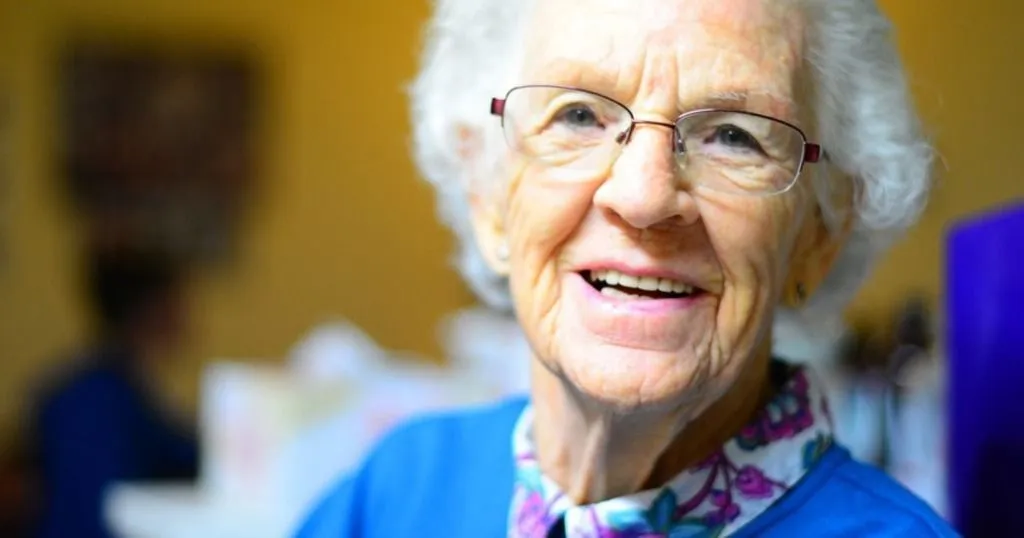Blog posts tagged with dementia

30 Jan
human behavior research
Healthcare
Mealtime challenges in dementia: insight in difficulties
Mealtimes can be a daily struggle for people with dementia, but understanding their challenges - and the power of nonverbal communication - can make all the difference.

05 Sep
human behavior research
Emotion
How to use facial expression analysis in pain research
As the world seeks more efficient research methods, automated facial expression analysis tools offer great potential for studying facial expressions. Could these tools be applied to pain assessment?

04 Aug
human behavior research
Healthcare
How horse riding and gardening improve quality of life for people with dementia
Quality of life is an important aspect of dementia care. Horse riding and gardening may provide positive emotional experiences and even enhance daily functioning.

13 Dec
human behavior research
Multimodal
Five studies showing the power of multi-modal data in behavioral research
The advantages of using multimodal data over a single modality are that it reveals deeper insights and also if one modality fails there can be enough redundancy in the data to still make sense of it.

30 Apr
human behavior research
Psychology
Two examples of on-site observational studies with older persons
In certain cases, observations for your study are best performed on-site. In this blog, we describe examples of observational studies with older age groups, conducted at home or at a healthcare facility.

23 Oct
human behavior research
Healthcare
Robots helping people with dementia
Researcher Wendy Moyle and her team explored if the use of a robotic seal as a therapeutic tool would influence the emotional and behavioral symptoms of dementia.

02 Aug
human behavior research
Healthcare
Implementing Tailored Activity Programs
Tailored Activity Programs (TAP) have been shown to have significantly reduce behavioral occurrences in dementia patients and improve engagement and positive behaviors.

03 Sep
animal behavior research
Alzheimer’s and Parkinson’s
Dementia symptoms following surgery
This week we have a guest post by Iris Hovens. She has done some really interesting research into the consequences of surgery in terms of reduced memory and concentration problems.